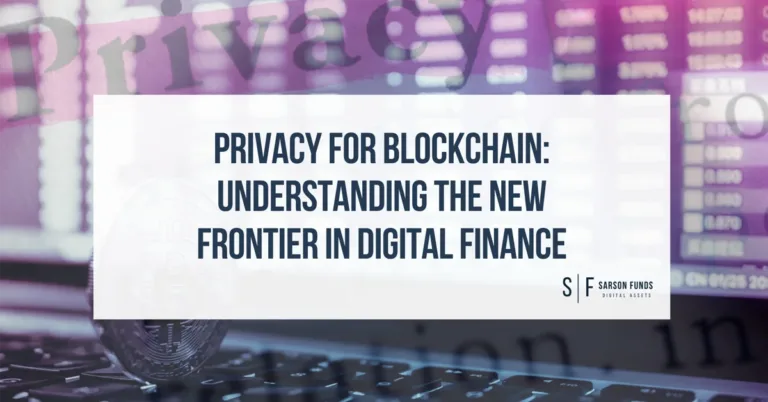
Written by Missy Lui
On May 31st, President Biden vetoed H.J.Res. 109, a congressional resolution that aimed to overturn the Securities and Exchange Commission’s (SEC) current guidelines on crypto in the banking system. The decision, referred to as the Biden Vetoes Crypto Custody Bill action, has sparked significant debate.
Reading Between the Lines
What was the real purpose of vetoing a bill that would allow banks to hold crypto assets in custody? Biden stated it was to “protect the well-being of consumers and investors,” but is that truly the case? Having crypto assets held in bankrupt remote accounts absolutely does protect investors. Qualified custody services would have safeguarded investors during the bankruptcies of FTX, Celsius, and others. If these services were in place, investors wouldn’t have suffered losses. This context raises further questions about the Biden Vetoes Crypto Custody Bill reasoning.
Why the Veto?
The Biden administration’s stance suggests that the issue might be more about protecting the fractional reserve banking system. Custodied assets can’t be treated like regular banking deposits; they can’t be re-hypothecated, lent against, or fractionalized. This regulation protects the profitability of the Federal Reserve’s member banks rather than consumer interests. Hence, the Biden Vetoes Crypto Custody Bill decision appears to align with preserving traditional banking practices.
The SEC’s SAB 121
The 2022 guidance, known as the SEC’s Staff Accounting Bulletin No. 121 (SAB 121), restricts banks’ ability to hold digital assets, particularly cryptocurrencies, in custody. It requires banks to recognize all customers’ digital assets as liabilities on their balance sheets, increasing the expense for banks to handle crypto and making it difficult to offer custody services.
Biden’s Statement on the Veto
“SAB 121 reflects considered technical SEC staff views regarding the accounting obligations of certain firms that safeguard crypto-assets,” Biden said in a statement on May 31st. He argued that the Republican-led resolution would improperly limit the SEC’s ability to set necessary guardrails. Thus, the Biden Vetoes Crypto Custody Bill decision aims to uphold the SEC’s regulatory framework.
Congressional Response
H.J. Res. 109 passed both the Senate and the House with bipartisan support. The Senate vote was 60-38, and the House vote was 228-182, with 21 Democrats in favor. However, Biden’s veto halted the resolution’s progress. Congressman Mike Flood, the sponsor of the resolution, emphasized the widespread opposition to SAB 121 and urged the President to reconsider the Biden Vetoes Crypto Custody Bill action.
Industry Opposition
The American Bankers Association (ABA) strongly opposes SAB 121, arguing it effectively prevents banks from offering digital asset custody at scale. Other financial industry groups, including crypto advocacy group Stand with Crypto, share this sentiment, highlighting the regulation’s adverse impact on the industry. The controversy surrounding the Biden Vetoes Crypto Custody Bill continues to intensify.
Conclusion
President Biden’s veto of the Crypto Custody Bill raises questions about the true motivations behind this decision. While the stated goal is to protect consumers, the underlying reasons appear to center around maintaining the traditional banking system’s profitability. As the debate continues, the future of digital asset custody in the banking sector remains uncertain. The Biden Vetoes Crypto Custody Bill decision underscores the ongoing tension between innovation in the crypto space and established financial practices.
Disclosures: Not investment advice. The Author, Sarson Funds, Inc. and its affiliated managers may hold positions in the projects mentioned. Talk with your financial advisor before making any investment decisions or have them contact Sarson Funds directly at [email protected]









